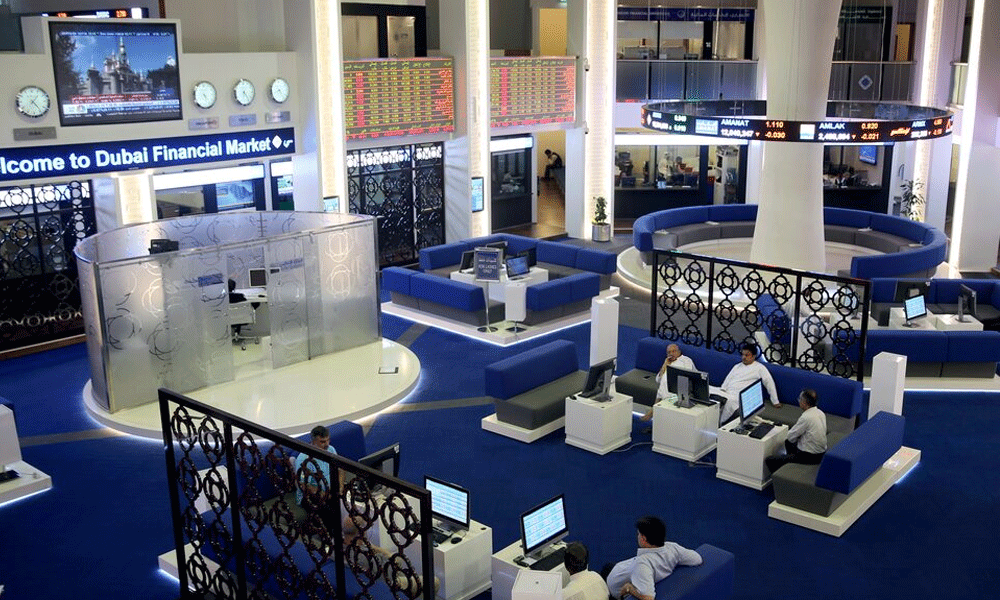




On January 21, 2025, President Donald Trump announced a staggering $3 trillion in new investments in the U.S. on his first day in office, with ambitions to reach between $6 trillion and $7 trillion by the weekend. This announcement was met with significant commitments from global leaders, including Saudi Crown Prince Mohammed bin Salman, who pledged $600 billion over four years, and UAE's Hussain Sajwani, who promised $20 billion for data centers [c9ae335].
In the tech sector, the Qatar Investment Authority (QIA) is particularly optimistic about the current U.S. tech environment. Mohammed Al Hardan, QIA's head of technology, stated that the presence of tech giants like Elon Musk, Mark Zuckerberg, and Jeff Bezos at Trump's inauguration signals a robust investment climate. The QIA, managing approximately $510 billion, has already invested in a $6 billion funding round for xAI and is considering a $500 billion investment in AI infrastructure alongside SoftBank, OpenAI, and Oracle [ad7ac212].
Investment strategies in a Trump economy are being shaped by comparisons to Ronald Reagan's business-friendly policies. Analysts, including Jim Puplava and Cris Sheridan, highlight sectors expected to flourish, such as technology, artificial intelligence, energy, precious metals, and consumer sectors. Stan Druckenmiller's insights on small business sentiment and the dominance of cryptocurrencies are also gaining attention [3859d48c].
On January 26, 2025, most Gulf stock markets ended higher, driven by optimism stemming from Trump's comments at the World Economic Forum in Davos, Switzerland. Trump expressed a desire to lower global oil prices and taxes and mentioned a positive conversation with Chinese President Xi Jinping. Saudi Arabia's benchmark index rose 0.3% to 12,386, with notable gains from ACWA Power Company and Jabal Omar Development Company [51123321].
In contrast, Qatar's index fell 0.1% to 10,651 due to a 3.8% drop in Masraf Al Rayan. Meanwhile, Egypt's blue-chip index rose 0.1% to 30,035, Bahrain gained 0.2% to 1,900, while Oman saw a decline of 1.1% to 4,553, and Kuwait gained 1.6% to 8,296 [51123321].
The QIA's shift towards technology investments reflects a broader trend among Middle Eastern sovereign funds, which deployed $82 billion in 2024, making up over 60% of all sovereign wealth fund investments. This strategic pivot is supported by Qatar's expanding gas output, projected to add $30 billion to state revenues, enhancing the QIA's investment capacity [ad7ac212].
In addition to these investments, India plans to increase imports of U.S. goods, while Taiwan's Compal and Inventec are considering investments in the U.S. Japan is also preparing an investment package, indicating a strong international response to Trump's economic agenda. Notably, U.S. greenfield foreign direct investment projects reached 2,100, significantly outpacing China's 400. Trump's tariffs on Mexico, Canada, and China are set to begin on February 1, further shaping the economic landscape [c9ae335].
However, Trump's immigration policies could pose challenges for corporate growth, particularly in industries reliant on low-skill labor such as hospitality, agriculture, and construction. Analysts suggest that while mass deportations of 1-2 million people are feasible, the estimated 11 million undocumented immigrants are unlikely to be affected fully. Bloomberg Economics predicts an 8% reduction in GDP due to mass deportations, which could lead to labor shortages in critical sectors [93fa3ac9].
Despite these concerns, Wall Street remains optimistic, with the S&P 500 rising as investors believe Trump may not fully implement his immigration pledges. Companies like Yum! Brands and Owens Corning saw stock increases of 2.4% and 3%, respectively. Analysts caution against overreacting to Trump's rhetoric, emphasizing that modest immigration actions are expected, which could mitigate potential disruptions in the labor market [93fa3ac9].
As the global economic environment evolves, the QIA's aggressive investment strategy, announced in December 2024, and Trump's ambitious economic plans signal a new era of international investment and collaboration in the tech sector and beyond [042e5be3]. Furthermore, discussions around tax incentives and capital gains tax rates are expected to influence market dynamics, with cautious investment approaches being advised as inflation concerns loom alongside consumer spending [3859d48c].